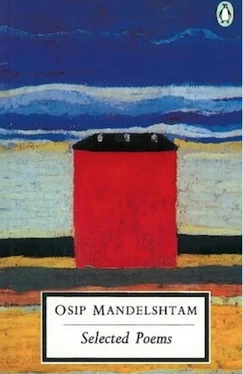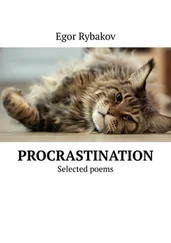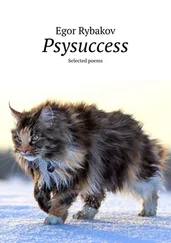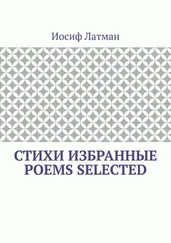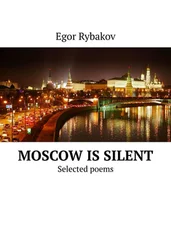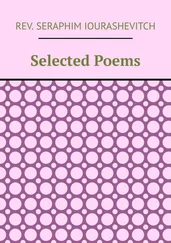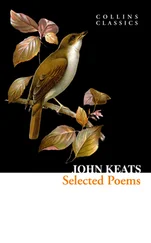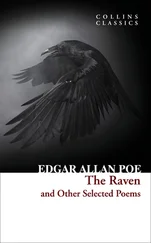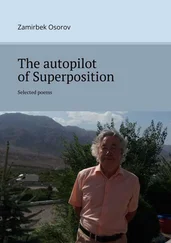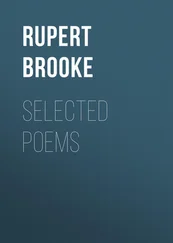Their exile officially expired, the Mandelshtams managed to spend only three days in Leningrad and Moscow: they found temporary shelter in Kalinin. Then in spring 1938, with suspicious ease, they were found a place in a country sanatorium: on 2 May, Osip Mandelshtam was arrested. The protectors of poets at the court of Stalin were soon themselves to face the firing squad: Mandelshtam was processed as a counter-revolutionary and, starved, perhaps deranged, died in a transit camp in far-eastern Siberia on 27 December 1938.
With extraordinary determination, like the women at the cross, Nadezhda, Natasha Shtempel and Anna Akhmatova ensured his resurrection and the eventual triumphant entry of his poetry into the Judaic and Hellenic tradition. At enormous risk they preserved what they could in the chaos of the war years and the repressive years of Stalin’s senility. A very few Russian critics, such as Khardzhiev and Shklovsky, and a few intrepid foreign scholars ensured that Mandelshtam’s name, by the mid 1960s, became known not only to two new generations of Russian readers, but to virtually the entire world. As James Greene and, before him, Paul Celan have shown, Mandelshtam’s concern for precision, musicality and continuity make him one of the most translatable poets Russia has ever produced. In Russian poetry, his influence began in the 1960s: as a protégé of Anna Akhmatova, Joseph Brodsky became a vector of Mandelshtamian poetics for Russian poets. While we cannot say that a tradition of Jewish verse exists in Russia, Judaism, as Mandelshtam puts it, ‘like a drop of musk filling a whole house’, adds a tension and internationalism to a lyrical tradition which could not otherwise have survived the rarefaction of the atmosphere.
Donald Rayfield, 1988
FROM
STONE
(1913, 1916, 1923 AND 1928)
The careful muffled sound
Of a fruit breaking loose from a tree
In the middle of the continual singing
Of deep forest silence…
(1) 1908
Suddenly, from the dimly lit hall
You slipped out in a light shawl;
The servants slept on,
We disturbed no one…
(3) 1908
To read only children’s books, treasure
Only childish thoughts, throw
Grown-up things away
And rise from deep sorrows.
I’m tired to death of life,
I accept nothing it can give me,
But I love my poor earth
Because it’s the only one I’ve seen.
In a far-off garden I swung
On a simple wooden swing,
And I remember dark tall firs
In a hazy fever.
(4) 1908
On pale-blue enamel,
Conceivable in April,
Birch-trees lifted branches
And eveninged imperceptibly.
Fine netting cut
Thin patterns exactly:
A design on a porcelain plate
Traced accurately
By the considerate artist
On his firmament of glass –
Knowing a short-lived strength,
Oblivious of sad death.
(6) 1909
What shall I do with the body I’ve been given,
So much at one with me, so much my own?
For the quiet happiness of breathing, being able
To be alive, tell me to whom I should be grateful?
I am gardener, flower too, and not alone
In the world’s dungeon.
My warmth, my exhalation, one can already see
On the window-pane of eternity.
The pattern printed in my breathing here
Has not been seen before.
Let the moment’s condensation vanish without trace:
The cherished pattern no one can efface.
(8) 1909
A sadness beyond words
Opened two huge eyes,
The vase of flowers woke up
And its crystal made a splash.
The whole room filled
With languor – that sweet medicine!
Such a small kingdom
To swallow so much sleep.
A little red wine,
A little sunlight in May,
And white delicate fingers
Break a thin sponge-cake.
(9) 1909
Words are unnecessary,
There being nothing to learn:
How sad and exemplary
Is an animal’s dark heart!
It has no urge to instruct
And no use for words,
And swims like a young dolphin
Along the grey gulfs of the world.
(11) 1909
She who has not yet been born
Is both word and music
And so the imperishable link
Between everything living.
The sea’s chest breathes calmly,
But the mad day sparkles
And the foam’s pale lilac
In its bowl of turbid blue.
May my lips attain
The primordial muteness,
Like a crystal-clear sound
Immaculate since birth!
Remain foam, Aphrodite,
And – word – return to music;
And, fused with life’s core,
Heart be ashamed of heart!
( 14) 1910
Ear-drums stretch their sensitive sail,
The widening gaze empties,
An unsinging choir of midnight birds
Swims across the silence.
I am as poor as nature,
As naked as the sky,
And my freedom is spectral
Like the voice of the midnight birds.
I see the unbreathing moon
And a sky whiter than a sheet;
Your strange and morbid world
I welcome, emptiness!
(15) 1910
Like the shadow of sudden clouds,
A visitor from the sea swoops down
And, nipping past, whispers
Along embarrassed shores.
An enormous sail austerely soars;
Dead-white, the wave shrinks back –
And once more will not dare
To touch the shore;
And the boat, rustling through the waves
As though through leaves…
(16) 1910
I grew, rustling like a reed,
Out of a dangerous swamp,
Breathing the air of a forbidden life
With rapture, languor, caresses.
In my cold and marshy refuge
No one notices me,
And I am welcomed by the whisper
Of short autumn minutes.
I enjoy this cruel injury
And in a life like a dream
Secretly am envious of everyone –
And secretly enamoured.
(17) 1910
Sultry dusk covers the couch,
It’s stifling…
Dearest of all to me, perhaps,
The slender cross and secret path.
(19) 1910
How slowly the horses move,
How dark the light the lanterns throw!
Where they are taking me
These strangers surely know.
I am cold, I want to sleep.
Confident of their concern,
Suddenly towards starlight
I’m thrown at the turn.
The nodding of a fevered head,
The caring, icy hand of a stranger;
And, not yet visible to me,
Outlines of dark fir.
(20) 1911
Light sows a meagre beam
Coldly in the sodden forest.
I carry slowly in my heart
The grey bird, sadness.
What shall I do with the wounded bird?
The firmament is silent, dead.
From a belfry masked by mist
Someone has stolen the bells.
And the high ground stands,
Orphaned, dumb –
A white and empty tower
Of quietness and mist.
Читать дальше
